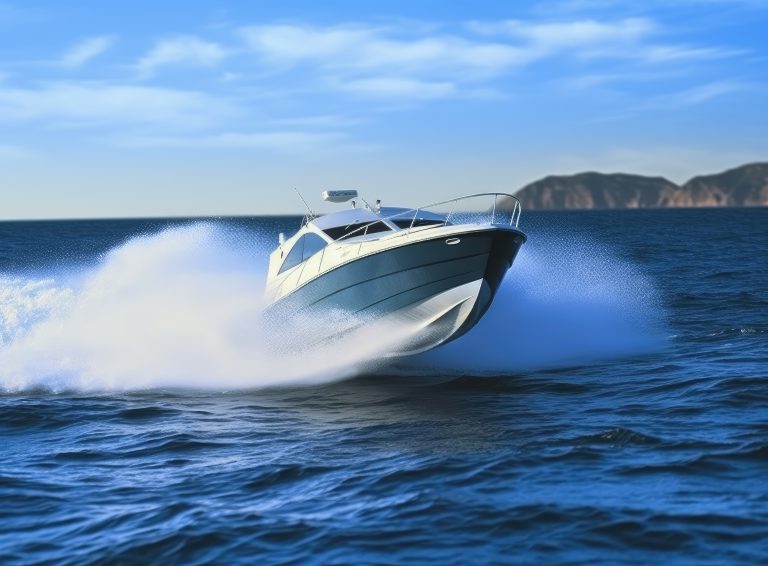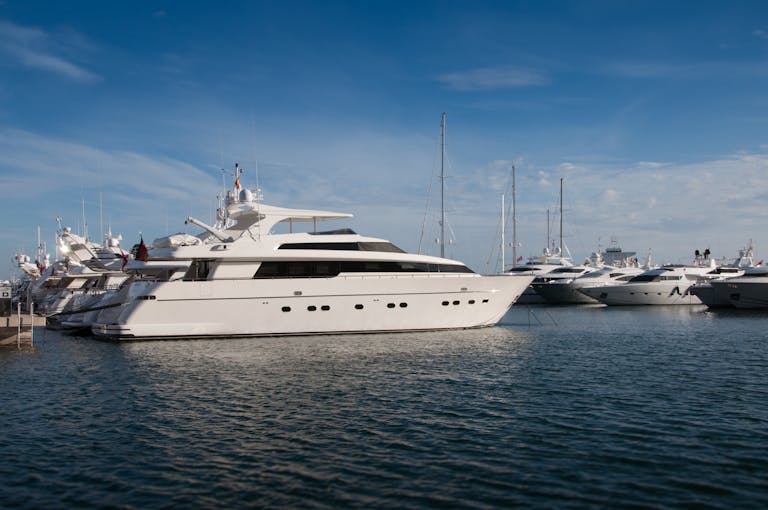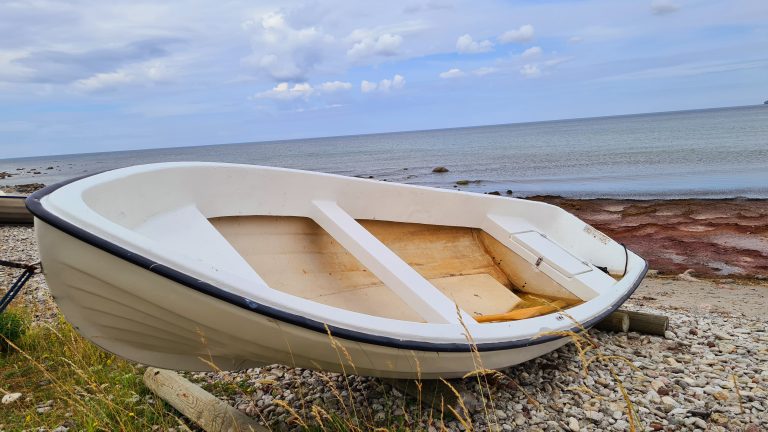Are you a proud boat owner looking to safeguard your maritime investment? Whether you’re navigating peaceful lakes or braving coastal waters, understanding boat insurance is crucial for protecting your vessel and ensuring peace of mind while on the water.
What is Boat Insurance?
Boat insurance is a specialised insurance policy that provides coverage for various types of watercraft, including motorboats, sailboats, yachts, and personal watercraft. This essential protection helps shield boat owners from financial losses due to accidents, theft, damage, and liability claims.
Why Do You Need Boat Insurance?
While not legally required in many areas of the UK, boat insurance is highly recommended for several compelling reasons:
- Financial Protection: The average cost of a boat accident claim is £5,000, making insurance crucial for protecting your investment
- Third-Party Liability: Coverage for injuries or damage caused to others while operating your vessel
- Marina Requirements: Most marinas and yacht clubs require proof of insurance
- Peace of Mind: Knowing you’re protected against unexpected incidents while enjoying your time on the water
Types of Boat Insurance Coverage
1. Comprehensive Coverage
- Hull insurance (physical damage to your boat)
- Machinery damage
- Personal effects coverage
- Salvage costs
- Emergency assistance
2. Third-Party Coverage
- Damage to other vessels
- Injury to other people
- Property damage
- Legal expenses
3. Additional Coverage Options
- Racing coverage
- International waters coverage
- Trailer insurance
- Contents insurance
- Temporary replacement vessel
Factors Affecting Boat Insurance Premiums
Several key factors influence the cost of your boat insurance:
- Vessel Type and Value: Larger, more expensive boats typically cost more to insure
- Usage: Frequency and purpose of use (recreational vs. commercial)
- Storage Location: Marina berth, mooring, or dry dock
- Navigation Area: Inland waters, coastal waters, or international waters
- Experience: Your boating qualifications and claims history
- Security Measures: Anti-theft devices and safety equipment
How to Choose the Right Boat Insurance Policy
Essential Considerations:
- Coverage Limits: Ensure adequate protection for your vessel’s value
- Policy Exclusions: Understand what isn’t covered
- Agreed Value vs. Market Value: Choose between fixed or depreciated coverage
- Navigation Limits: Verify coverage areas match your boating plans
- Excess Options: Balance premium costs with out-of-pocket expenses
Money-Saving Tips for Boat Insurance
- Bundle Policies: Combine with home or car insurance for discounts
- Safety Courses: Complete recognised boating courses
- Security Features: Install approved security systems
- Annual Payment: Save by paying annually rather than monthly
- Higher Excess: Choose a higher voluntary excess for lower premiums
Making a Claim
Follow these steps when filing a boat insurance claim:
- Document the incident thoroughly with photos and notes
- Report the incident to authorities if necessary
- Contact your insurer immediately
- Collect witness statements if available
- Keep all relevant receipts and documentation
Common Exclusions to Watch For
- Wear and tear
- Gradual deterioration
- Racing (unless specifically covered)
- Commercial use
- Operating outside designated navigation limits
- Unauthorised modifications
Conclusion
Investing in comprehensive boat insurance is essential for protecting your vessel and ensuring worry-free adventures on the water. By understanding the various coverage options, factors affecting premiums, and how to choose the right policy, you can make an informed decision that provides the best protection for your specific needs.
Remember to review your policy annually, maintain proper safety measures, and stay informed about changes in maritime insurance requirements to ensure continuous, adequate protection for your valuable investment.






